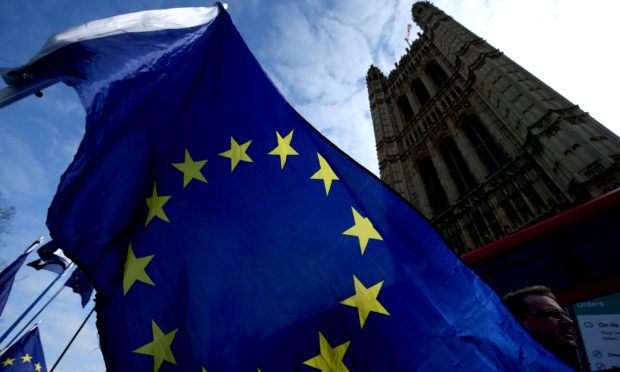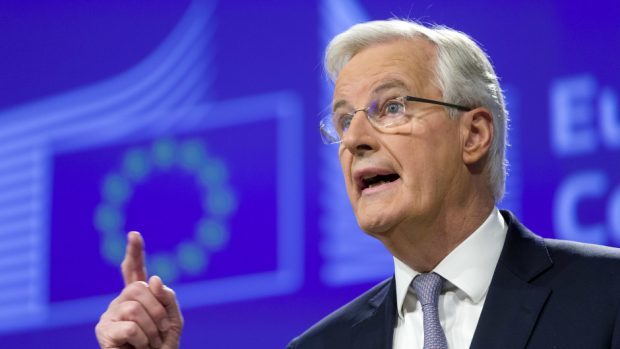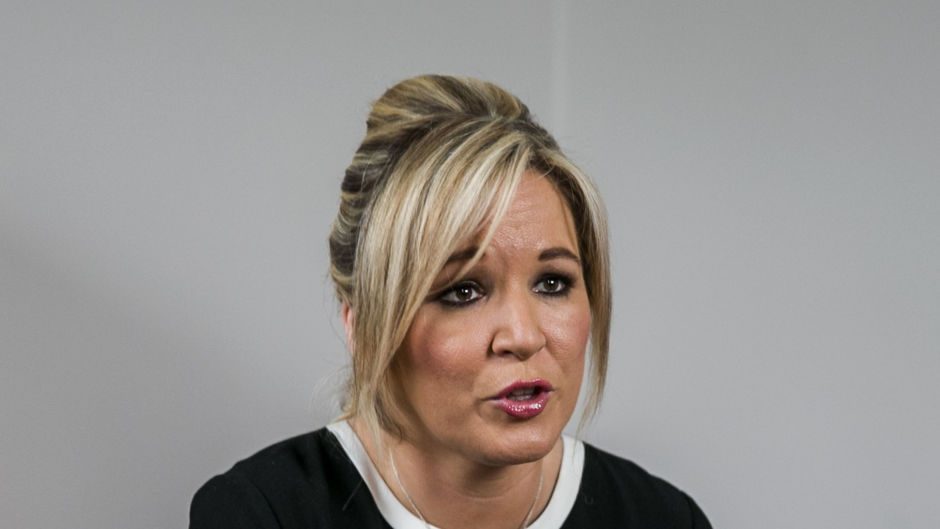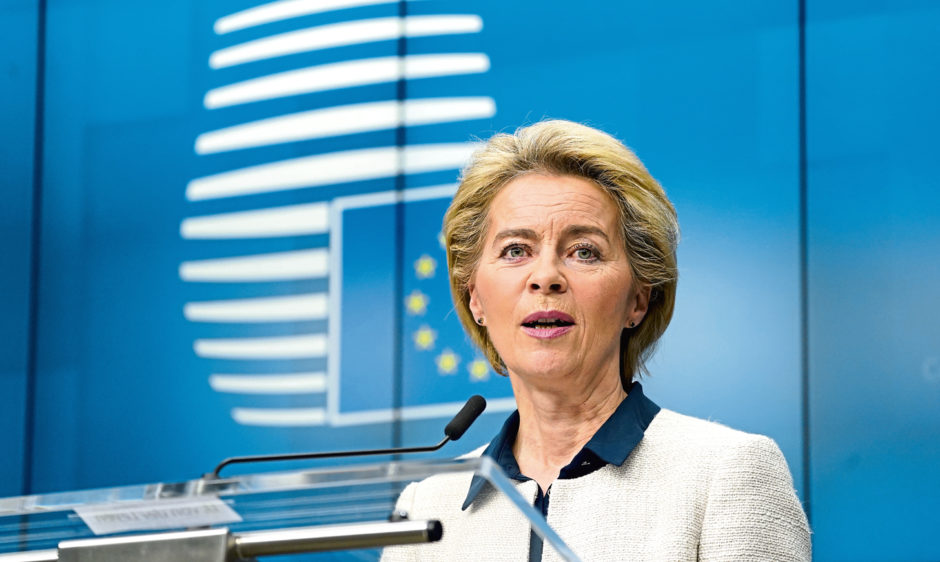Brexit trade negotiations have been thrown into fresh turmoil after Downing Street announced plans to replace parts of the withdrawal agreement with a series of new laws.
The move has been described as reckless by some and seen as a smart negotiating tactic by others.
Below we take a look at what is being proposed, why and examine the implications.
I thought Boris Johnson had ‘got Brexit done?’, why is it back in the news?
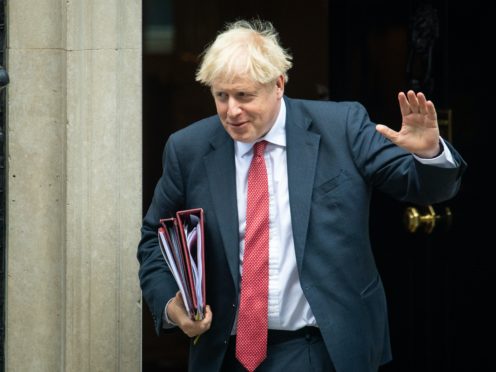
The prime minister did get one element of Brexit done in January – the withdrawal agreement.
The agreement is a legally binding international treaty setting out the negotiated terms of the UK’s departure from the EU.
It covers areas such as citizens’ rights, how the UK will make “divorce bill” payments to the EU in the years ahead and how the new customs protocol at the Ireland/Northern Ireland border will work in practice.
The agreement passed into UK law at the start of the year and, until now, was thought to be a settled issue.
What is being proposed?
Unhappy with the progress of negotiations on the second element of Brexit – the free trade deal – Downing Street are now proposing to sideline some of the provisions in the withdrawal agreement in order to prepare for a no-deal exit in December.
It has been reported that the Internal Market Bill, due to be published on Wednesday, would end the legal legitimacy of the withdrawal agreement in areas such as the Northern Ireland customs protocol.
Under the current protocol, Northern Ireland will continue to follow some EU rules in order to avoid checks along the Irish border.
Read my statement on our final phase of negotiations with the EU. https://t.co/dG0mZAUQtw
— Boris Johnson (@BorisJohnson) September 7, 2020
Ministers are now suggesting the protocol needs “clarifying” and will set out a revised version in Wednesday’s Bill.
The UK Government claims this is just to iron out some legal creases in case there’s no trade deal. But critics have accused the UK of reneging on its promises and breaking international law.
What are these ‘clarifications’?
Under the withdrawal agreement firms trading from Great Britain to Northern Ireland must pay customs duties on any goods that are “at risk” of entering the EU later on.
The UK now plans to give its own ministers the final say on what these goods are. At the moment, the definition of “at risk” will be drummed up by a Joint Committee of both the EU and UK.
The UK plans to change the law, so UK ministers would have the ultimate power to set which goods are “at risk”. That could mean a whole load of goods no longer having EU customs duties paid when they cross the Irish Sea.
There are also plans to scrap the need for export summary declarations (paperwork that firms trading from Northern Ireland to Great Britain need to fill in).
How has Downing Street justified this?
Number 10 argued the UK’s internal market could be “inadvertently compromised by the unintended consequences of the protocol”.
A UK trade official added: “If we don’t take these steps we face the prospect of legal confusion at the end of the year and potentially extremely damaging defaults, including tariffs on goods moving from GB to Northern Ireland.”
How has the announcement been greeted outside of Westminster?
Nicola Sturgeon said the move would “significantly increase” the chance of a no-deal Brexit, and the “resulting damage to the economy will be entirely Tory inflicted. What charlatans”.
The EU’s negotiator, Michel Barnier, said he would be seeking clarification about the UK’s plans, adding he was “worried”.
He told French radio that honouring withdrawal agreement was “a pre-condition for confidence between us because everything that has been signed in the past must be respected”.
Northern Ireland deputy First Minister Michelle O’Neill said any backtracking would be “treacherous betrayal”, which “would inflict irreversible harm on the all-Ireland economy and the Good Friday Agreement”.
SDLP leader Colum Eastwood told the BBC’s Westminster Hour: “It’s absolutely astonishing that any government who says they want to go and do trade deals around the world would just rip up an agreement that they made a few months ago with the EU.”
European Commission president Ursula von der Leyen warned there could be no backtracking by the UK on its previous commitments if it wanted to reach a free trade agreement.
“I trust the British Government to implement the withdrawal agreement, an obligation under international law and prerequisite for any future partnership,” she said.
What are the implications of this row?
Boris Johnson’s decision to effectively reopen the withdrawal agreement is a bold one and could end up being the defining moment in the Brexit saga.
The move is perhaps the strongest signal yet that the UK is serious about a no-deal exit and is prepared to walk away. If Brexiteers are to be believed, this rather aggressive approach will force the EU into reaching an agreement before the October cut-off. Some fear the EU could kick back at such an approach, however – with noises out of Brussels already signalling that the UK has acted in bad faith.
What happens now?
The next round of Brexit talks runs this week, but we’ll likely see a showdown in the days leading up to the European Council Summit on October 15.
